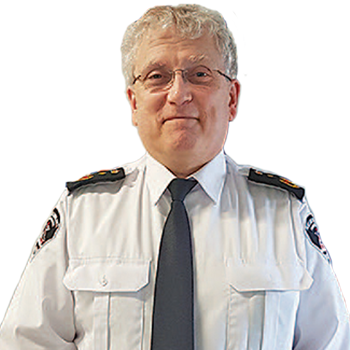The theme for Fire Prevention Week 2022 is “Fire won’t wait, plan your escape,” highlights the need to plan to get everyone out safely. Whether you live in a house, apartment building or condominium, does your family have a plan? In the workplace we are great about having posted our emergency exit plans and a big sign often marks the meeting point. At home sometimes it’s left to chance as everyone might be frankly trying to exit the home through many points with no clear meeting point. Not only do you need to make sure everyone knows how to get quickly and safely out but where to meet. Is it by the big tree at the back of the yard; is it across the street at the neighbor’s house; find a place and ensure everyone gets there to be accounted for?
This same method of evacuation is important in any type of emergency. Devastating storms might force people from their homes, what do you take, where do you go? If you had to leave in a hurry, often there is a scramble to take personal belongings or personal papers not to forget changes of clothes or food for pets. In the rural area we often are more prepared for loss of power or evacuation because of the relatively few houses near us. We think in the city, it will never happen to us. In the event of a major incident, storm or natural disaster, we should be prepared for at least 72 hours on our own. That might mean extra food, water, flashlight batteries and something to keep us occupied like a board game. But if we do have to leave the home, do we have a large container or old suitcase already packed with a change of clothes, copies of important papers, toothbrush, pet food, bottled water and the like? Do you know where to shut off the water or natural gas to your home? Remember that in a large-scale natural disaster, emergency services will be quite busy that individual emergencies might take less of a priority for the first 72 hours.
Anything you can do to keep your family safe and deal with immediate needs is always important. Little things like having a fully stocked first aid kit with a few personal items like headache medications or cough syrup can be very useful. Taking a first aid course so that you can care for yourself and family without needing emergency services or preventing a trip to the busy hospital emergency room. Knowing what to do and how to prevent emergencies is important but incidents will happen. If you do need paramedics, then please give accurate directions, and tell the medical communications staff what’s wrong. Sometimes you are not sure what’s wrong, do your best as help will be given over the phone prior to the paramedics arriving at your emergency scene. Despite being frightened or scare, talk slowly and clearly. Use visible landmarks if you are not sure of your address. Remember the person calling for help might not be an adult in the home. It could be a small child so printing a card with directions, address, emergency contact information and sticking it onto the fridge can become very useful. We, at Parkland Ambulance, together with our partners at Lake Country Coop and the Red Cross, have some great “In Case of Emergency” pouches that are free to pickup. These give you a chance to record vital health information that in case of an emergency, paramedics can get the needed information from you should you not be able to speak.
Planning for an emergency is not hard but the key is to plan vs to react to the event. Be Safe!


